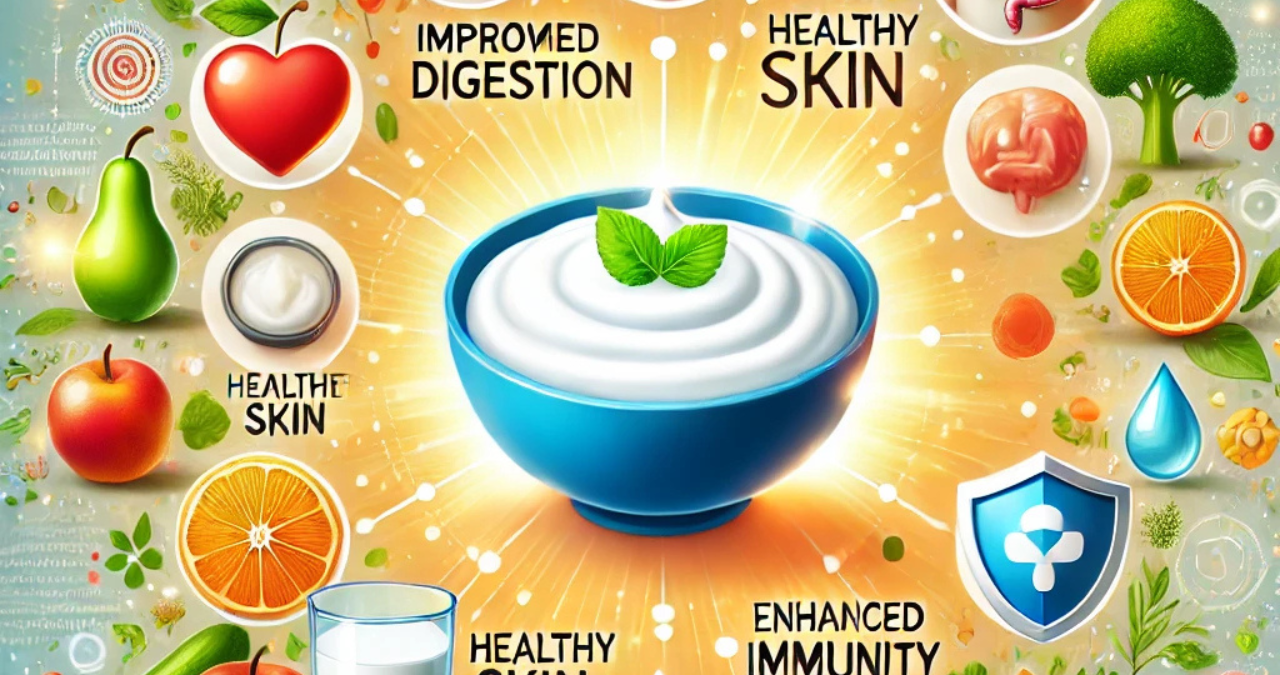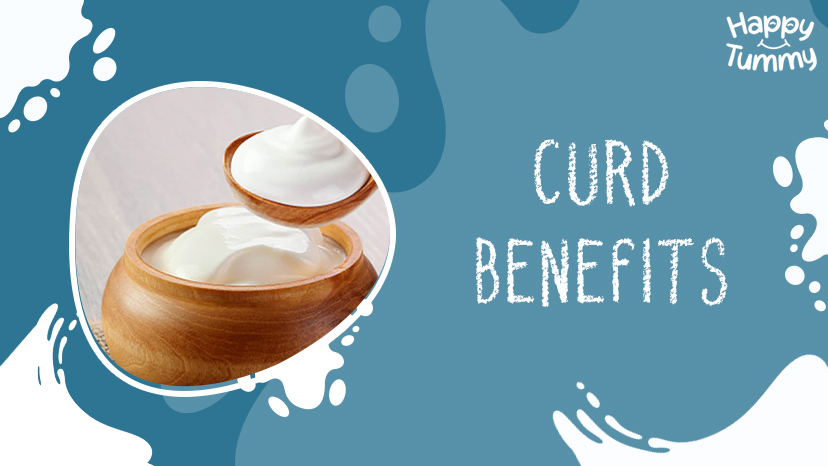
Unlock the Power of Curd: Top Health Benefits You Should Know
Introduction
Curd, a staple in many diets worldwide, offers more than just a creamy texture and tangy flavor. It’s a powerhouse of essential nutrients, playing a vital role in various traditional cuisines from India to Greece. This article explores curd’s rich history, its impressive nutritional profile, and the myriad health benefits it offers. Whether you’re a health enthusiast or just looking to add some variety to your diet, understanding the benefits of curd can help you make more informed dietary choices.
Curd, also known as yogurt in some cultures, has been a part of human diet for millennia. Historical records suggest that curd was discovered accidentally during the domestication of milk-producing animals. The natural bacterial fermentation of milk sugars into lactic acid leads to the thickening of milk, creating curd. This process not only preserves the milk but also enhances its nutritional value by adding beneficial bacteria known as probiotics.
The Nutritional Profile of Curd
Curd stands out in the dairy aisle because of its impressive nutritional composition. It is rich in essential nutrients like calcium, vitamin B-12, magnesium, potassium, and, most importantly, probiotics. The presence of these live bacteria makes curd a unique dietary component that supports overall health. Compared to milk, curd has the added advantage of probiotics which aid in digestion and enhance the bioavailability of other nutrients.
Moreover, curd contains a good amount of protein, which is crucial for muscle repair and growth. It also serves as a great source of vitamin D, especially in fortified versions, helping improve bone health. The combination of these nutrients makes curd a highly beneficial food for all age groups, supporting various body functions from bone development to immune defense.
Top Health Benefits of Including Curd in Your Diet

Digestive Health
Curd’s benefits for the digestive system are well-documented. It is particularly known for its probiotic content, which helps maintain a healthy balance of gut flora. These beneficial bacteria enhance gut health, aid in the digestion of food, and help combat digestive issues such as bloating, constipation, and diarrhea. Regular consumption of curd can also prevent the proliferation of harmful bacteria in the intestines, reducing the risk of gastrointestinal diseases.
Additionally, the probiotics in curd play a vital role in synthesizing certain vitamins like vitamin K and B vitamins, which are essential for energy metabolism and red blood cell production. This not only improves digestive health but also enhances overall well-being by ensuring the body’s metabolic processes run smoothly.
Bone and Teeth Strength
Curd is an excellent source of calcium, which is essential for maintaining strong bones and teeth. Regular consumption can help prevent osteoporosis and other bone-related disorders. The vitamin D found in fortified curd varieties further enhances calcium absorption, making it even more beneficial for bone health.
Furthermore, the protein in curd supports the maintenance of muscle mass, which is crucial for protecting bone health as we age. The combined effects of calcium, vitamin D, and protein make curd a superfood for maintaining the structural integrity of bones and teeth throughout life.
Immune System Boost
Including curd in your diet can also boost your immune system. The probiotics in curd help regulate the immune response, reducing the likelihood of infections and inflammation. Studies have shown that these probiotics can stimulate the activity of immune cells like macrophages and T lymphocytes, enhancing the body’s ability to fight off pathogens.
Moreover, the presence of zinc and other immune-boosting nutrients in curd supports the overall functioning of the immune system. Regular consumption of curd can therefore help keep common illnesses like the flu at bay, contributing to overall health and well-being.
Conclusion
Curd is much more than a delicious addition to your diet; it’s a nutrient-rich superfood that offers a wide range of health benefits. From enhancing digestive health to strengthening bones and boosting the immune system, curd plays a multifaceted role in maintaining overall health. Incorporating curd into your daily diet can lead to significant health improvements, making it a worthwhile addition for anyone looking to enhance their nutritional intake.
FAQs
What is the difference between curd and yogurt?
While both curd and yogurt are dairy products that result from fermenting milk, the primary difference lies in the type of bacteria used for fermentation. Curd is made using natural bacteria from the environment or earlier batches, whereas yogurt is typically made using specific strains of bacteria like Lactobacillus bulgaricus and Streptococcus thermophilus.
Is curd suitable for people with lactose intolerance?
Curd contains lower levels of lactose than milk due to the fermentation process, which breaks down lactose into simpler forms. Many people with lactose intolerance can tolerate curd better than milk. However, it’s advisable to start with small amounts to see how your body reacts.
How much curd should I eat daily?
A serving of 100-150 grams of curd per day is generally safe and beneficial for most people. However, the exact amount can vary based on individual health needs and dietary restrictions.
Can curd help in managing anxiety and stress?
Yes, the probiotics in curd have been linked to mental health benefits. They may help reduce anxiety and stress by influencing the gut-brain axis. Regular consumption of curd might positively affect your mood and mental health.
You May Also Read:https://theblookets.com/

